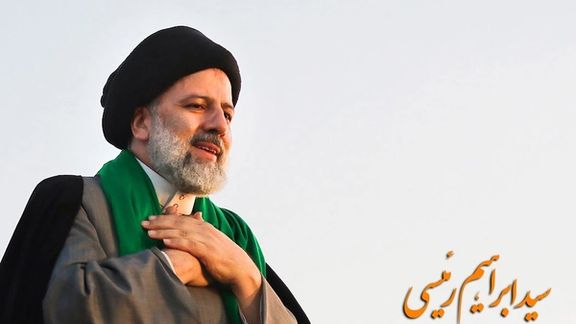Iranian Economists Call For Deep Changes, Warn of Chaos

More than 60 Iranian economists have issued a statement addressing the government saying that the main cause of Iran’s economic crisis is bad governance.

More than 60 Iranian economists have issued a statement addressing the government saying that the main cause of Iran’s economic crisis is bad governance.
The signatories, mostly professors of economics in Iranian universities and many who have held government posts, suggest the government’s “economic surgery” since March has led to “social chaos and worsening economic instability.”
With the new Iran year beginning March 22, President Ebrahim Raisi with the backing of parliament began a plan to phase out state subsidies on food imports that had been costing $9-15 billion a year.
While in part a response to global food inflation sparked partly by the invasion of Ukraine, the move, quickly dubbed “economic surgery,” was officially portrayed as a serious reform of Iran’s state-dominated economy.
‘Quick measure in face of global price crisis’
The economists charged in their statement that the motivation was purely fiscal, easing a shortfall in the government budget, and that real reform required more serious change: “[The move was] a temporary and quick measure for addressing the budget deficit amid sanctions and a global food price crisis. We cannot consider this an economic reform.”
The economists argued that this “economic surgery” would lead to a further fall in the value of the Iranian rial and lead to “repeated economic shocks,” and said the government had not engaged with the public about where the policy would lead.
The economists noted Raisi’s election campaign promises to form an inclusive government, utilize experts to draft economic plans, slash “the 50-percent inflation rate,” and build one million housing units each year.

But the economists argued it would not be possible to fulfil such promises without an early agreement in talks with world powers to revive the 2015 nuclear deal and accession to international transparency and related regulations demanded by the Paris-based inter-state Financial Action Task Force (FATF), which blacklisted Iran in 2020.
Despite various restrictions on non-governmental media, many experts and business figures had warned over “the horrible” results of “inaction” in foreign policy and ill-designed policies, the economists said. Economic shocks and the pausing of nuclear talks in March had fed instability, social chaos, and widespread concern among the people over their livelihoods, creating an “explosive” situation.
They went on to warn that “the country’s situation is extremely fragile,” given the elimination of food subsidies. “People’s patience will run out and will place the government and the regime face-to-face with the people.”
Three recommendations
The signatories made three recommendations.
First, the state should have sufficient oil and non-oil export revenues and foreign currency reserves to ensure secure handling of economic fluctuations.
Second, the government should have clear and effective policies to foster macro-economic stability, with control over inflationary budgets.
Third, the government should ensure low-cost access to global markets for goods and services.
The last recommendation is related to extra costs Iranian government and businesses have to bear to do international transaction, given US sanctions and FATF’s blacklisting.
Low growth
The economists warned that Iran had lost ground economically compared with most other countries since 1980, with average growth of 1.6 precent, whereas growth in China, India, Turkey, Malaysia, the United Arab Emirates, and Pakistan had ranged from 4 to 10 percent.
The economists spoke of vanishing hopes, growing poverty and a widening income gap that have led to vengefulness in society. The resulting disorder exhibited itself in destruction of the environment, systematic corruption, widespread emigration, capital flight and brain drain.
The 61 signatories called for “fundamental change in foreign policy” aimed at peaceful coexistence, cooperation with neighbors, and interaction with the world’s economic powers. They also urged improvement in governance, with respect for law, minimizing corruption, establishing an independent judiciary, dialogue and transparency, and allowing “true economic competition” in society.